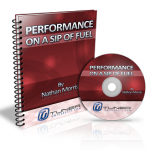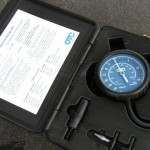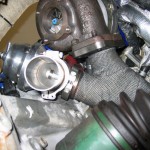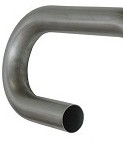With the possibility of Tuner University coming back, I wanted to give you a special Performance Package deal on pretty much all of our premium courses to date - as a thanks for showing your support for Tuner University and the information shared here:
- Top 10 Performance Myths Class (MP3 and Edited Transcript) - $29.95 value
- Performance on a Sip of Fuel Class (MP3 and class manual) - $69.95 value
- Header Design Secrets with John Grudynski (MP3 and transcript) - $69.95 value
- Dirty Secrets of Oil with Ryan Stark (MP3 and transcript) - $69.95 value
- Engine Tuning Secrets with Ben Strader of EFI University (MP3 and Transcript) - $69.95 value
Get all of the above courses (many of which not currently available anywhere else) for one single price of just $309.75 $69.95. You can also buy any of these individually through our resource center, but I don't know why you would as this is basically the whole store for the price of just 1 course. You'll get the MP3 recordings of each class as well as a transcript or companion manual with each course and you'll be able to download them all INSTANTLY. This is a digitally delivered product.
Claim Your Performance Package By Clicking the Paypal Button Below. $309.75 if purchased separately, Yours For Just $69.95 - For a Limited TimePACKAGE IS SENT DIGITALLY TO YOUR E-MAIL. YOU WILL NOT BE SENT ANYTHING IN THE MAIL. |
Claim your package above while it lasts. Once this opportunity is gone, it's gone forever. As always, if you're not 100% satisfied, just let me know and we'll get you a refund. No risk, I know our stuff is top notch and you're going to find it the best investment you've made in your car. Go ahead and claim your copy now... some of the smartest dudes in engine building and motorsport await you inside.










